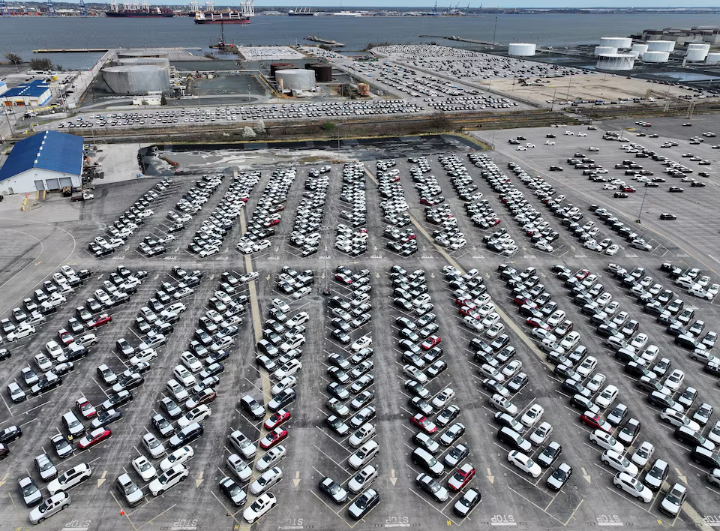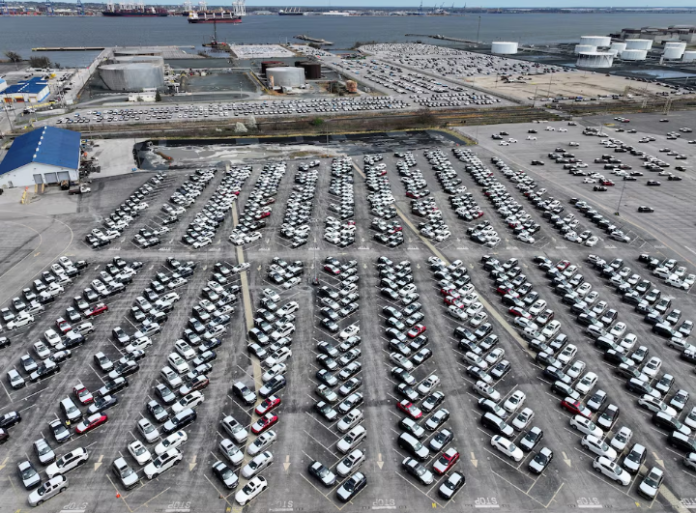In a significant shift in trade policy, President Donald Trump is preparing to ease the burden of auto tariffs on the U.S. automotive industry. The move, aimed at reducing costs for manufacturers and consumers alike, is expected to be officially announced on Tuesday, according to senior White House officials.
Commerce Secretary Howard Lutnick explained that the decision is part of a broader strategy to support American manufacturers and protect domestic jobs. “President Trump is building a strong partnership with domestic automakers and American workers,” Lutnick said in a statement. “This deal is a win for American industry, giving relief to companies committed to producing in the U.S. while incentivizing future investment in local manufacturing.”
The new measures will reduce some of the duties imposed on foreign-made auto parts used in vehicles assembled in the United States. Additionally, the administration will ensure that companies are not hit with double tariffs, such as overlapping levies on both imported cars and the steel or aluminum used to build them. Companies that have already paid such overlapping duties may even be eligible for reimbursement.
The Wall Street Journal first reported on this development, highlighting that automakers had been lobbying the administration for weeks. The announcement comes ahead of Trump’s visit to Michigan on Tuesday, where he will mark his first 100 days back in office—a period characterized by aggressive policy moves and a reshaping of global trade dynamics.
Michigan, home to industry giants like General Motors, Ford, and Stellantis, has been closely watching the administration’s trade decisions. Executives from major automakers have welcomed the tariff relief.
GM CEO Mary Barra stated, “We believe the president’s leadership is leveling the playing field and allowing companies like GM to invest more in the U.S. economy.” Ford CEO Jim Farley added that the changes would help ease cost pressures on automakers, suppliers, and consumers alike.

Just last week, a coalition of top auto industry players—including GM, Toyota, Volkswagen, and Hyundai—submitted a letter to key U.S. officials, urging the administration to avoid implementing a planned 25% tariff on imported auto parts. They warned that such tariffs could destabilize the global supply chain, raise car prices, and lead to job losses in the industry.
“Most suppliers can’t absorb the shock of sudden tariff disruptions,” the letter stated. “Some are already under financial strain, and higher tariffs could trigger layoffs, plant closures, and even bankruptcies. One struggling supplier can bring an entire production line to a halt.”
While the Trump administration has maintained a tough stance on trade, this move signals a more strategic approach. By softening the tariff blow, the administration aims to encourage domestic manufacturing without triggering a major economic backlash.
As Trump continues to shape his legacy through assertive economic policies, Tuesday’s announcement may be remembered as a pivotal moment in balancing protectionism with industrial support.



